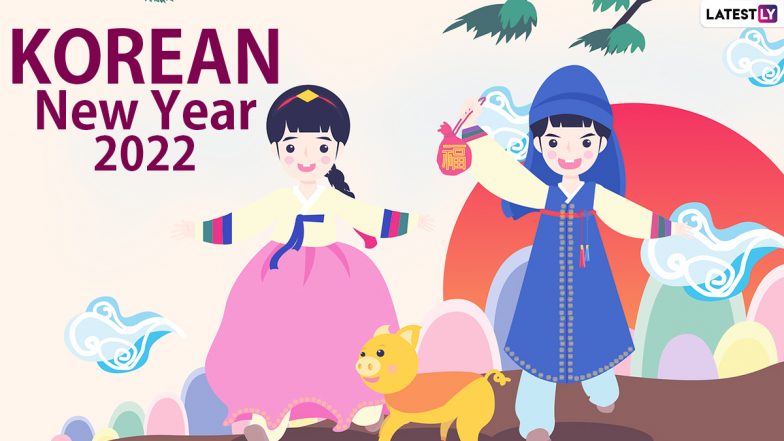
There are no individual father’s or mother’s days. Unlike in many other countries, fathers and mothers are celebrated together. In addition, the children's day on May 5 and the parents' day on May 8 are two more family-oriented holidays on the calendar. Chuseok and Seollal are much more family-oriented than comparable holidays in the Western world. The family has an enormous significance in South Korea. Family Days The traditionally large role of the family is quickly noticed by a European or American. During the festival, many Koreans wear traditional Korean clothing called hanbok, perform ancestral rites, worship elders, and eat traditional food such as tteokguk (soup with sliced rice cakes) and jeon (pancakes). The 3-day festival centers on family reunions, food, and venerating their ancestors. It is accompanied by traffic jams throughout the country when entire families travel to the provinces. In South Korea, Lunar New Year is called Seollal. This is usually done in the house of the head of the family, most often the grandparents. People in South Korea are gearing up for a four-day weekend as the country readies to celebrate the Lunar New Year holiday - known as. On these three days, mainly the older family members, though also already deceased ancestors, are celebrated and honored. The actual translation of the word Chuseok is "autumn evening," while Hangawi means "great middle." The Korean New Year holidays last three days.
#Korean lunar new year full#
Since the 15th day of a lunar month is always a full moon day, the day is sometimes also called Hangawi, and thus moon festival. It consists of a period of celebrations, starting on New Years Day. Chuseok - the harvest festival Chuseok is also calculated according to the lunar calendar and takes place on the 15th day of the eighth lunar month, usually in September or October. The Islamic New Year (also called the Hijri New Year.
#Korean lunar new year free#
Although often referred to as 'Lunar New Year' in English, this is a misnomer, as it refers to both celebrations based on a lunar calendar as well as a lunisolar calendar. This is a free event open to the public to celebrate Seollal (the Korean Lunar New Year Day) with games, cultural performances, live music, and dancing. A traditional meal on the first day of the new year is often "Tteokguk," a soup with rice cake. The Lunar New Year is an event celebrated by millions of people across the world on the first new moon of their calendar. This year, the celebrations will start on February 1st, 2022 and its holiday will be three days the day before the actual Lunar New Year’s Day, the day itself and the day after.


On all three days, you wear your fine wardrobe, honor your parents and grandparents and spend time with your children. Seollal is a predominantly traditional festival, which is celebrated in the circle of the family. Nationwide, it is much more important than the turn of the year based on the Gregorian calendar. Seollal - the Korean New Year Seollal is the three-day New Year’s festival based on the lunar calendar.


 0 kommentar(er)
0 kommentar(er)
